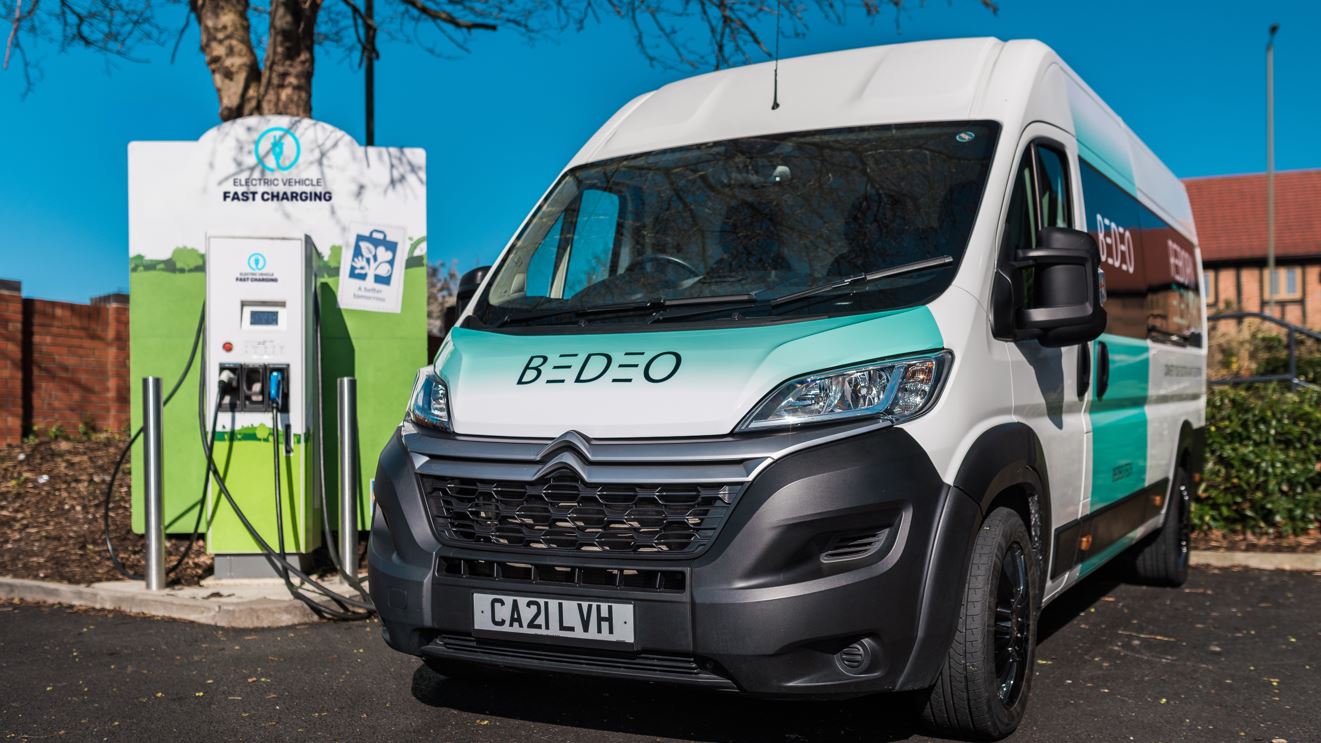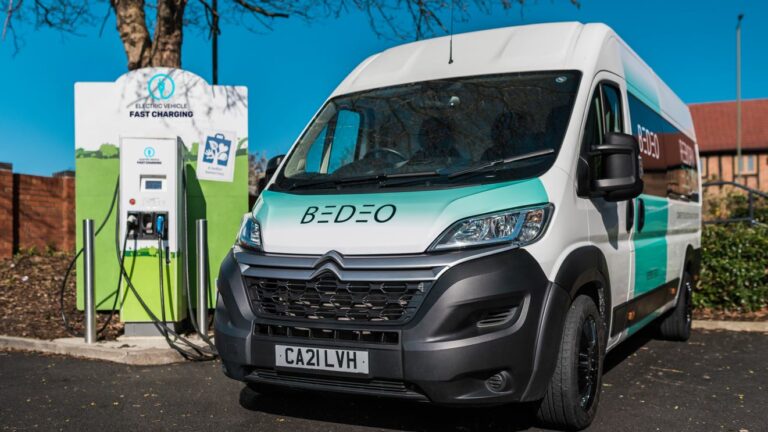Retrofitting: A Sustainable Solution for Fleet Operators
The UK’s BEDEO Group is pioneering the retrofitting of large vans and classic vehicles with electric drivetrains through its ‘Reborn Electric’ program. According to Osman Boyner, BEDEO’s CEO, retrofitting offers numerous benefits, including reduced tailpipe emissions, lower fuel and maintenance costs, and increased operational efficiency. “Retrofitting existing vehicles with electric drivetrains extends the lifespan of diesel vehicles, reduces emissions, and helps lower fuel and maintenance costs,” Boyner explains.
Cost-Effective Alternative to New Electric Vans
For fleet operators, retrofitting is a cost-effective alternative to purchasing new electric vans, which can be over three times more expensive. “Retrofitting supports a sustainable, cost-effective, and competitive operation while embracing circular economy principles and reducing environmental impact,” Boyner notes. The French government has encouraged retrofitting through generous grants and stricter homologation rules, highlighting an area where the UK could improve its approach.
In-Wheel Motor Technology
BEDEO’s ‘Reborn Electric’ program incorporates in-wheel motor (IWM) technology, developed in collaboration with Protean Electric. This innovative approach optimizes space utilization, distributes weight more evenly, and enhances efficiency, performance, and safety. “By integrating electric motors directly into the wheels, we ensure optimal weight distribution and vehicle performance while maintaining the original aesthetics and driving dynamics,” Boyner explains.
Retrofitting Classic Vehicles
The company has successfully retrofitted a classic Land Rover Defender, giving it a modern electric powertrain while preserving its nostalgic charm. “Now equipped with a modern electric powertrain, the Defender boasts zero tailpipe emissions, zero noise, and retains the classic driving experience we all cherish – all updated for the 21st Century without sacrificing its essence,” Boyner adds.
Bridging the Gap to Electrification
As the UK moves towards banning the sale of new internal combustion engine (ICE) cars by 2030, Boyner emphasizes the need for governmental incentives and support to facilitate the widespread adoption of electric vehicles. “Collaborative efforts between industry, government, and stakeholders are crucial to overcoming barriers and accelerating the transition to a cleaner, electric future,” he says.
Looking ahead to 2030, Boyner predicts a significant shift in the mobility and transportation landscape, with EVs accounting for 30 to 35 percent of new van sales. However, he notes that many vehicles will remain diesel-powered, highlighting the need for solutions like retrofitting to bridge the gap. “At BEDEO, we recognize this gap and are committed to providing innovative solutions that address the evolving demands of the transportation sector while advancing sustainability goals,” he concludes.




